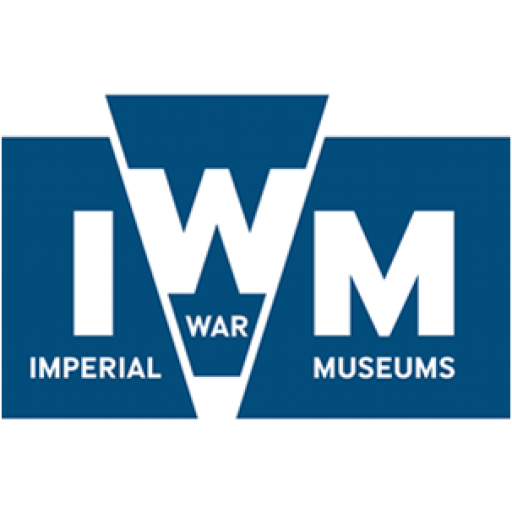IWM (Imperial War Museums) organised a major Centenary networking event for London based organisations. It was held at Churchill War Rooms on Tuesday 25th June 2013. Centenary News’ Daniel Barry attended the meeting.
Ranging from dance troupes and community projects to museums and government departments, representatives from Centenary organisations attending the event showed that there is a real appetite at community and national levels to mark the 100 year anniversary of the First World War.
A series of speakers addressed the First World War Centenary Commemorations – How to get involved conference, from the UK Government, IWM, the Heritage Lottery Fund and the Arts Council
England.
Jennie Shaw, Head of the First World War Centenary Programme at the Department for Culture, Media and Sport gave an update on the British Government’s plans to commemorate the Centenary, but also emphasised the importance of the “emotional connection” with the conflict at individual and community levels.
She said that youth, education and remembrance are the three key themes the British Government has identified for the Centenary years.
It was stressed that although the Government will “lead the nation in acts of commemoration” for important anniversaries such as the Centenary of the Battle of Jutland, the Somme and Passchendaele, it will “not dictate”. Commemorating the conflict must be “meaningful” to people and the Government will take an active role in “encouraging everybody to get involved in the Centenary”.
Ms. Shaw reminded the conference of plans announced by the Government on Monday 10th June 2013. She spoke of the atmosphere of “dignity and respect” which will be provided by a service at the St Symphorien military cemetery in Mons, which has equal numbers of British and German war dead.
Moving away from grass-roots and national plans, she stated that the conflict “wasn’t a British war, or just a British Empire war” and that it “cannot be commemorated in isolation”. Striking the right balance and distribution of resources between local, regional, national and international commemorations is something that the Government is conscious of.
Ms. Shaw presented cultural, educational, community and international legacies of the Centenary as being an aim of the Government.
The “happy calendar coincidence” of the Glasgow Commonwealth Games coinciding with the start of the Centenary in August 2014 means that Glasgow will be at the forefront of Commonwealth efforts to mark the beginning of the conflict.
The next speaker, Helen Greer, from the Heritage Lottery Fund (HLF) went on to say that funding will be available for projects “as widely related to the First World War as you can come up with” – and she stressed that funding was “up for grabs”.
Ms. Greer announced that the Heritage Lottery Fund had awarded more than £30 million of funding to Centenary projects so far.
Four funding programmes – all of which focus on providing grants for specific projects, not the core work of organisations – range in value from the £3,000-10,000 bracket (the Then and now programme) to grants of up to £100,000 (the Heritage grants programme) for projects of “regional and national importance”.
A particular emphasis was placed on funding being provided to projects with a strong element of involving and educating young people about the conflict and the Centenary.
A question was asked if there was too much focus on young people for Centenary projects, particularly in terms of preferential funding. Ms. Greer responded that whilst they encouraged the involvement of young people and their engagement with the Centenary, this was not an essential element for organisations seeking funding.
Indeed, one project which received HLF funding was Age Exchange Greenwich. A grant of £81,200 will help the Greenwich branch to record oral histories of the war and those who experienced it, which will then be turned into a travelling exhibition.
IWM itself is playing an important role in national commemorations in Britain, as well as bringing together local, national and international organisations with its First World War Centenary Partnership.
Speaking for IWM, Gina Koutsika (Head of National and International Programmes and Projects) stated how the networking conference was an important means of engaging organisations at a regional level in London, when IWM has often focused on other regions, national and international conferences before.
Ms. Koutsika and Josie Gale (Centenary Programme Museum Liaison Officer for English Regions) went on to outline IWM’s plans for the Centenary, including the opening of the First World War Galleries at IWM London in June 2014.
Ms. Gale highlighted how interactive resources, including “useful guides” and a calendar of events for the Centenary period would help make both the IWM public website (www.1914.org) and the Partnership extranet an important resource over the next few years.
A positive response to the conference by those who attended and a lively exchange of ideas suggests that local networking events of this nature are a useful way of helping organisations plan Centenary events and activities.
The First World War Centenary Commemorations – How to get involved conference was a joint venture between IWM, Heritage Lottery Fund, the Department for Culture, Media and Sport, A New Direction and the London Museum Development Team.
© Centenary Digital Ltd & Author
